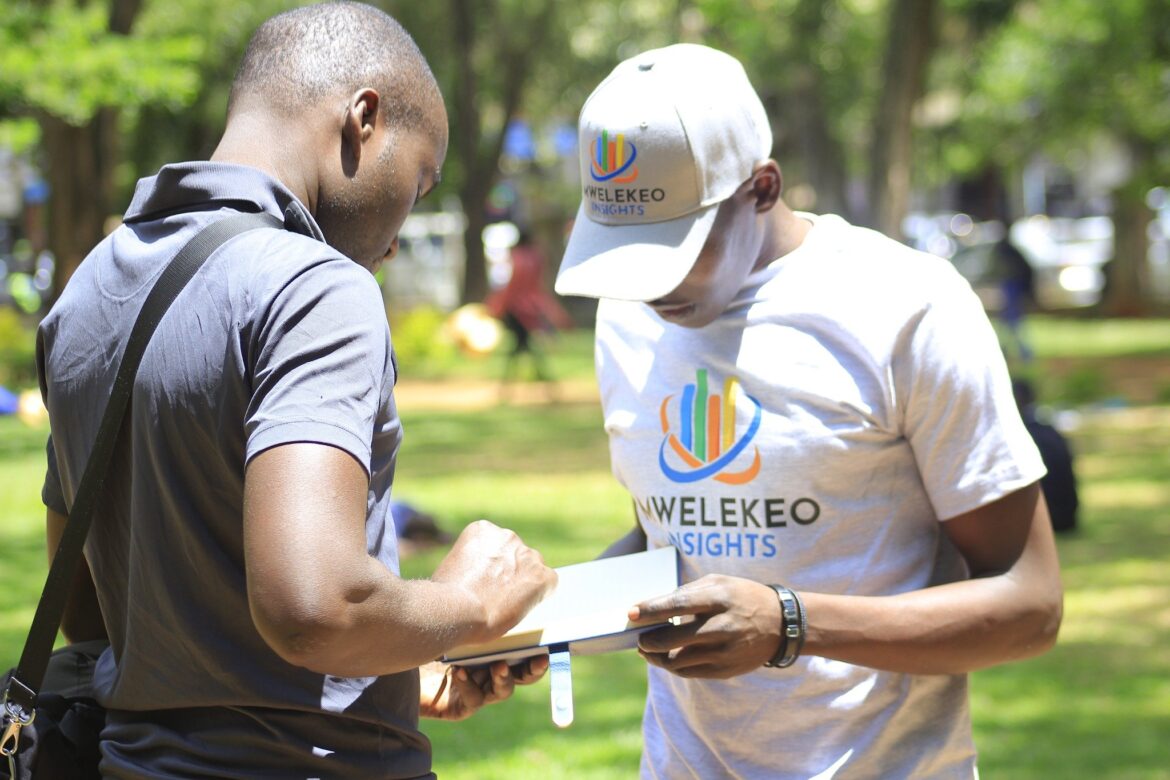A new survey conducted by Mwelekeo Insights has revealed that views on bride price among Kenyan men are complex and deeply influenced by age, location, education, and economic realities.
The findings paint a divided but evolving picture of how men relate to the age-old tradition, with clear generational and societal shifts taking shape.
Older men, especially in rural areas, largely support bride price as a cultural duty and a sign of respect for the bride’s family.
To them, it symbolizes unity and the joining of families. But for younger and urban men, the picture is different. Many in this group are questioning the relevance of bride price in today’s society.
Education appears to be a major factor driving this shift, as men with higher levels of learning are more likely to challenge the tradition, often viewing it as rooted in outdated gender roles and patriarchal systems.
The data shows 60% of men aged 18–30 oppose the tradition, compared to 40% who support it.
For men aged 31–45, opposition is even higher at 75%. Geography also plays a role: 80% of men in urban areas oppose bride price, while in rural areas, opinion is split 50–50.
One of the most significant takeaways from the survey is that many men do not want to scrap bride price altogether. Instead, they are calling for reforms.
The idea of symbolic or voluntary payments, such as modest gifts or agreements made between the couple, is gaining traction. This shift shows that many men are trying to balance cultural heritage with modern values and economic realities.
Economic pressure is a central issue for many respondents. High demands for money and livestock create a heavy financial burden, particularly for younger men who often lack stable incomes. These concerns are affecting decisions around marriage.
While 68% of married men said bride price influenced their decision to marry, 58% of unmarried men disagreed with that view, pointing instead to other factors like education, career, or family pressure.
The emotional toll of bride price is also evident. About 58% of men say the expectation to pay bride price negatively affects their emotional well-being. Yet, only 23% link it to their social identity, indicating that while it causes stress, many no longer see it as defining their status or masculinity.
Another sensitive issue raised is the tradition’s impact on women. A strong 65% of respondents believe bride price commodifies women, suggesting that paying for a bride may lead to control or entitlement in marriage.
However, 28% disagreed, seeing it as a respectful gesture that has been misinterpreted over time. Platforms like X (formerly Twitter) have played a big role in shaping these views by giving space to feminist ideas and encouraging public debate.
There is also growing demand for change. When asked about alternatives to bride price, 65% supported cost-sharing between the couple.
A large number also supported spreading out payments over time, rather than paying everything upfront.
Interestingly, 89% of participants agreed that bride price should become more of a “reward” for good behaviour by the wife, rather than a mandatory requirement. This controversial suggestion reflects changing attitudes but also hints at lingering gender stereotypes.
When it comes to more radical proposals, opinion is divided. Nearly half (48%) support abolishing bride price entirely, while 52% still want it maintained.
Only 29% support the idea of reversing the roles, with women paying bride price instead of men, suggesting most still prefer to keep the traditional structure, even if reform is on the table.
Overall, the Mwelekeo Insights study reveals that Kenya’s bride price tradition is at a crossroads. While some still hold firmly to its cultural roots, many are pushing for meaningful reforms that reflect today’s values of equality, shared responsibility, and financial fairness.
The conversation is shifting, and it’s clear that more men want to be part of shaping what this tradition looks like in the future.
For the detailed analysis kindly visit their official website , you can also find the on (X) @MwelekeoInsightsKe, on (Facebook) @MwelekeoInsightsKe, on Instagram @MwelekeoInsightsKe, and LinkedIn @MwelekeoInsightsKe.



